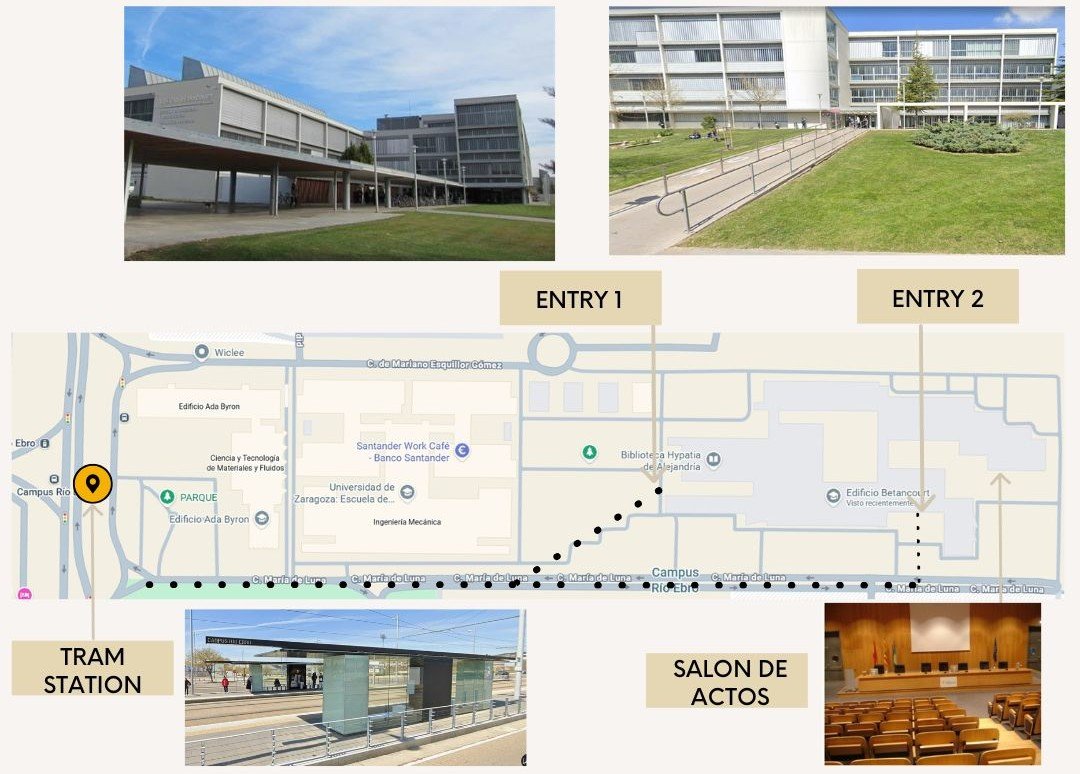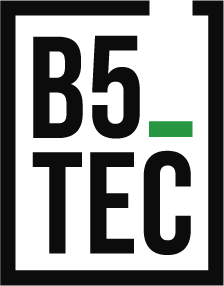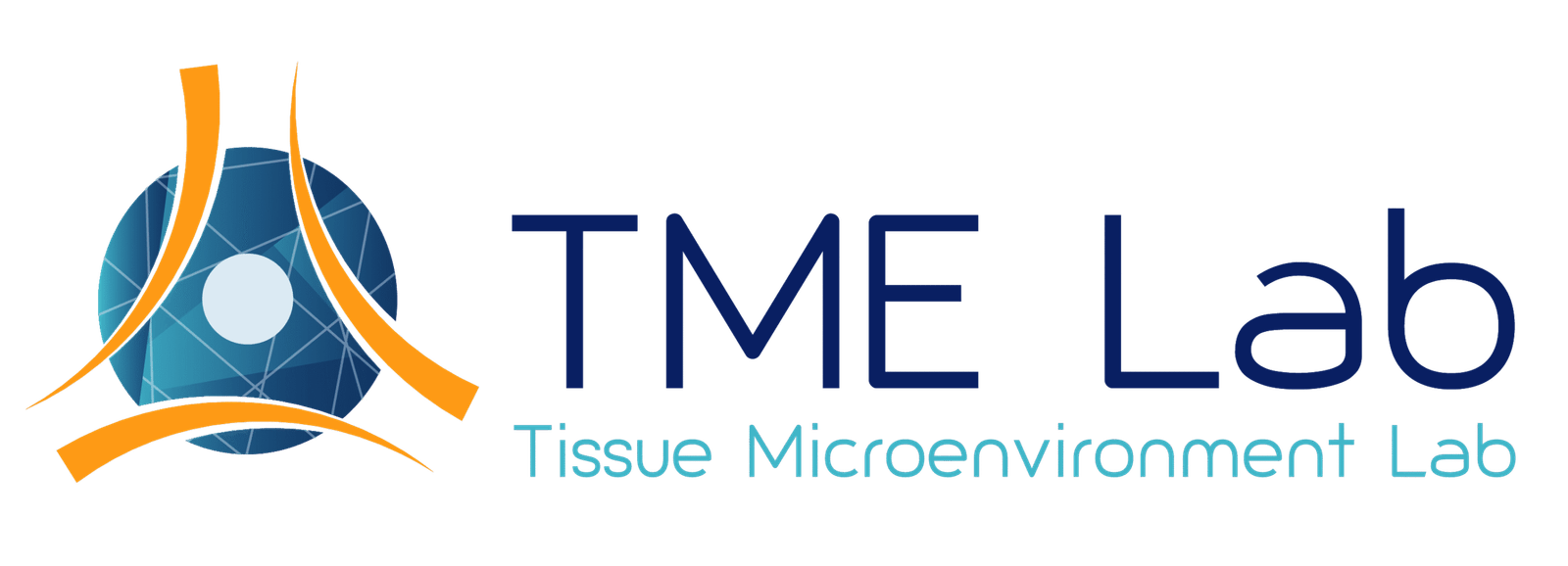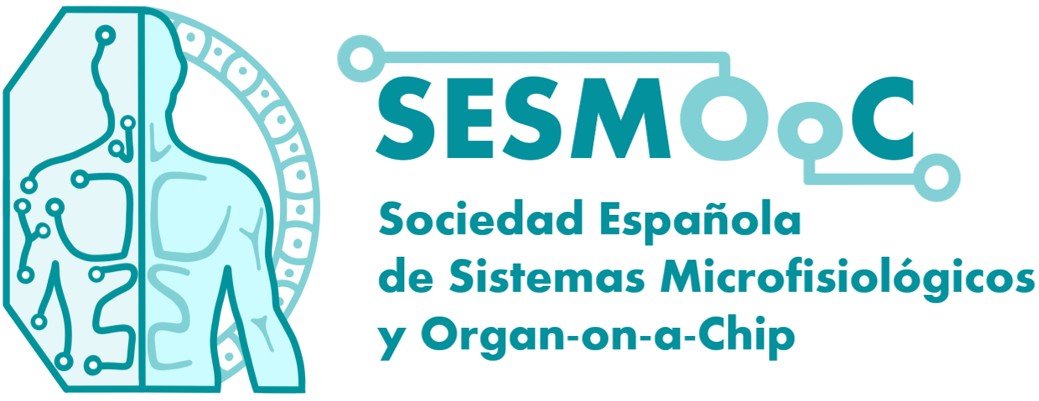1st SESMOOC Conference
24-25 November 2025, Zaragoza
Spanish Society for Microphysiological Systems and Organ-on-Chip

About
After the growing momentum of Organ-on-Chip initiatives worldwide, we are pleased to announce the first SESMOOC Conference, to be held in Spain. This new scientific meeting is devoted to recent advances in microphysiological systems (MPS) and Organ-on-Chip technologies, and their potential impact in biomedicine, drug development, toxicology, and personalized health.
Organ-on-Chip technology is emerging as one of the most promising tools to model human physiology and disease in vitro. By integrating microfluidics, biomaterials, and human cells, these systems can provide more predictive, ethical, and cost-effective alternatives to traditional preclinical models. In recent years, major advances have been made in the design and validation of microphysiological platforms, offering new opportunities for translational research, regulatory science, and industrial application.

Aims & Topics
The 1st SESMOOC Conference aims to provide a meeting point for researchers, clinicians, industry representatives, and policymakers to share knowledge, foster collaboration, and promote the development of this multidisciplinary field in Spain and beyond.

The event will focus on the following topics
- Organ-on-Chip and Microphysiological Systems (MPS)
- Blood–brain barrier, gut, lung, liver, and multi-organ platforms
- Microfluidic design and biomaterials for advanced cell culture
- Validation strategies and regulatory perspectives
- Alternatives to animal experimentation
- Data integration and intelligent systems for predictive models
- Translational and industrial applications
- Networking opportunities for researchers, clinicians, and industry

Workshop: Introduction to Organ-on-a-Chip (OoC) Technology
This interactive workshop offers participants a hands-on introduction to Organ-on-a-Chip (OoC) technology. Due to limited seats, early registration is recommended.
Featured Talks & Speakers

Nov. 24 — 17:30 PM
Dries Braeken
R&D manager and Group Leader at IMEC

Nov. 24 — 10:30 AM
Marco Rasponi
Full Professor Politecnico di Milano
Title: Nanotechnology enabling advanced human models
Venue & Accommodation

Venue
The congress will take place at Campus Río Ebro, a modern and well-equipped campus in Zaragoza. The venue is easily accessible by Zaragoza’s efficient tram network, making it convenient for participants coming from different parts of the city.
Salon de Actos located on the ground floor of the Augustin de Betancourt Building, Campus Río Ebro, María de Luna Street, 50018 Zaragoza, Spain
Accomodation
A curated list of hotels has been provided to suit different preferences and budgets. While these hotels are not necessarily next to the campus, they are all well connected by public transport, including the tram, ensuring easy access to the congress venue.
For detailed information, booking links, and special congress rates, please visit our [Accommodation Page].
We look forward to welcoming you to Zaragoza and ensuring a pleasant and convenient stay during the congress.

Pricing & Registration
Registration for the conference includes a one-year membership
MEMBERS
NO MEMBERS
REGULAR
- Conference Seats
- Coffee Breaks
- Lunch
- Workshops
- Papers
STUDENTS
- Conference Seats
- Coffee Breaks
- Lunch
- Workshops
- Papers
REGULAR
- Conference Seats
- Coffee Breaks
- Lunch
- Workshops
- Papers
STUDENTS
- Conference Seats
- Coffee Breaks
- Lunch
- Workshops
- Papers
Organization
Chairman
Ignacio Ochoa Garrido –Chair of SESMOoC, Universidad de Zaragoza
Co-chairmen
Iván Cortés Domínguez
Lourdes Basabe Desmonts
Javier Ramón Azcón
Sara Oliván García
José Yeste Lozano
Scientific Committee
Ignacio Ochoa Garrido
Sara Olivan García
Rosa Monge Prieto
Lourdes Basabe Desmonts
Jóse Luis Pedraz Muñoz
Carmen Escobedo Lucea
Andrés Gracia Sanz
Juan Manuel Fernandez Costa
Javier Ramón Azcón
Rosa Villa Sanz
José Yeste Lozano
Maria Teresa Flores Arias
Diego Velasco Bayón
Isabel Rodríguez Fernández
Carlos Ortiz Solorzano
Iván Cortés Domínguez
Speakers and attendees
The program will feature invited talks by experts from both industry and academia, focusing on the state-of-the-art as well as emerging needs and opportunities. Dedicated time slots will be set aside for discussions, and spontaneous submissions for presentations or posters are also welcome.
Our GOLD Sponsors



Our SILVER Sponsors

Become a sponsor and join us in making this event possible — contact us – conference@sesmooc.com
Local Collaborators



Become a sponsor and join us in making this event possible — contact us – conference@sesmooc.com
